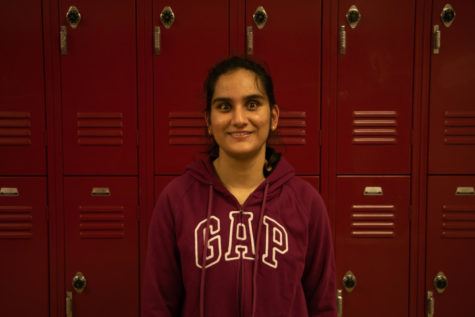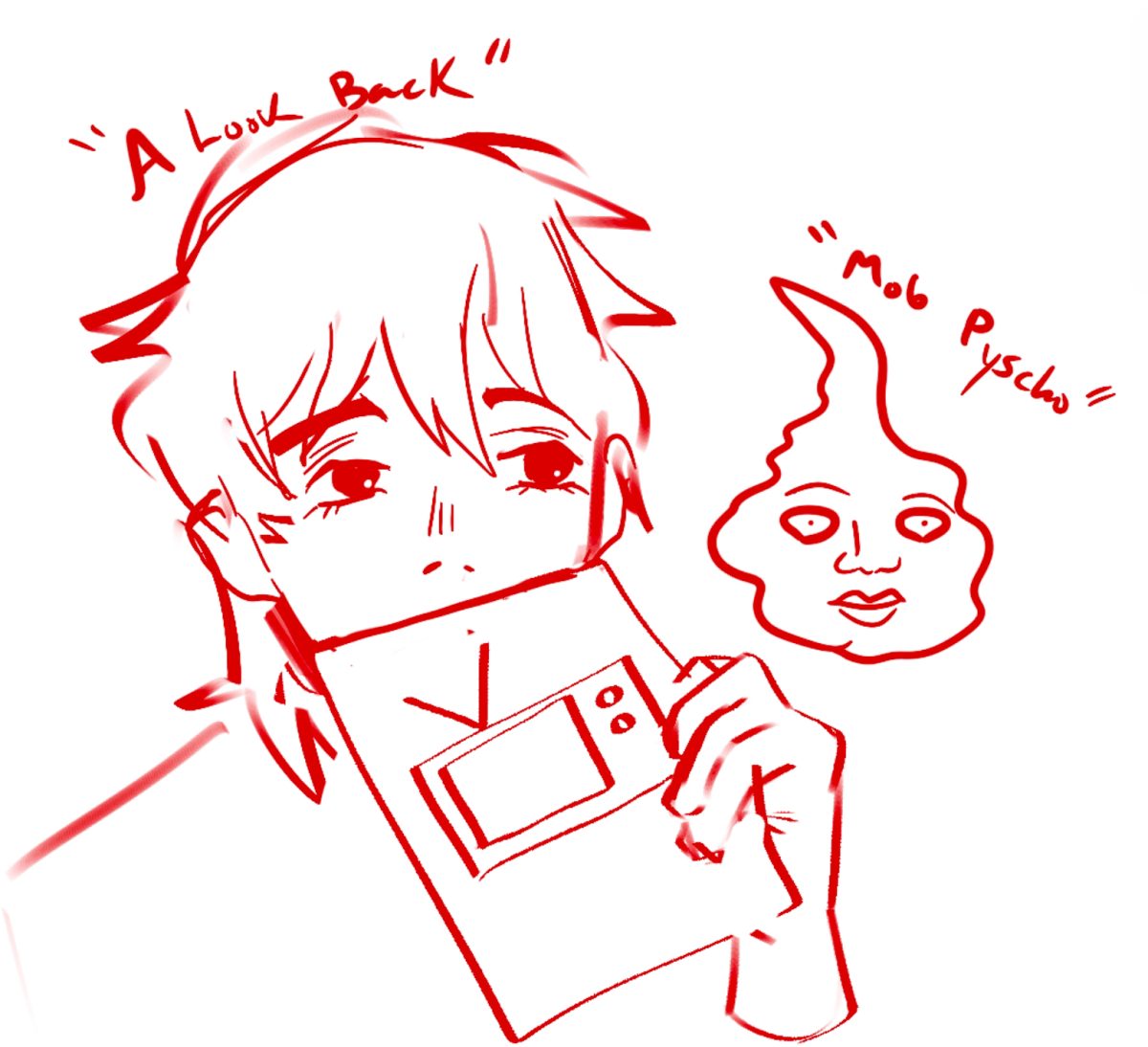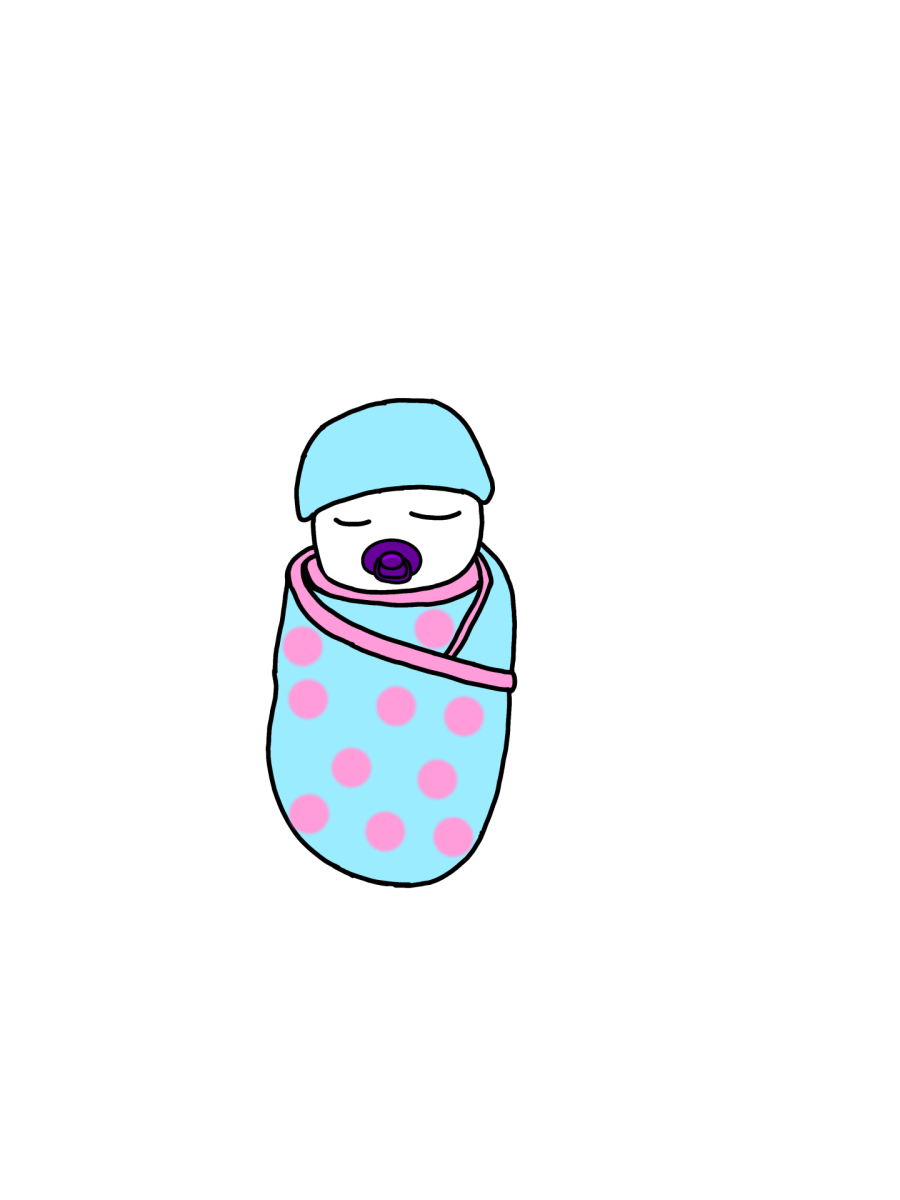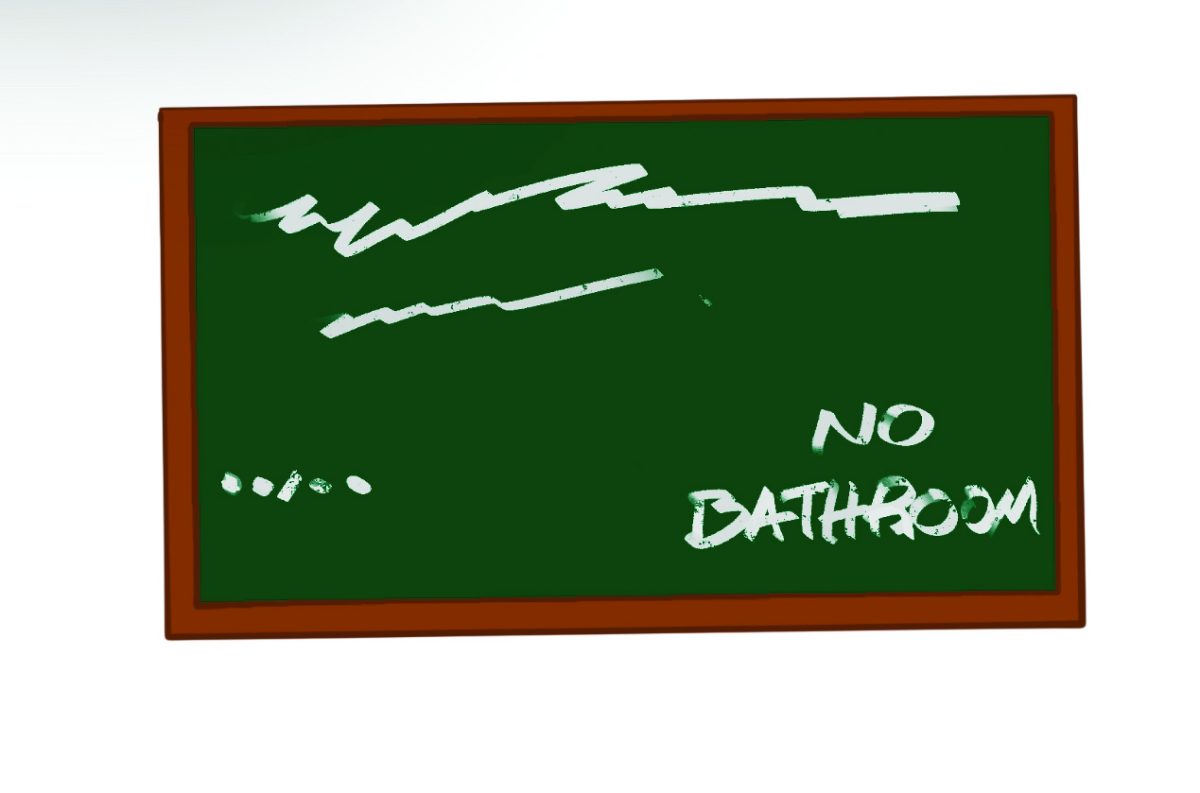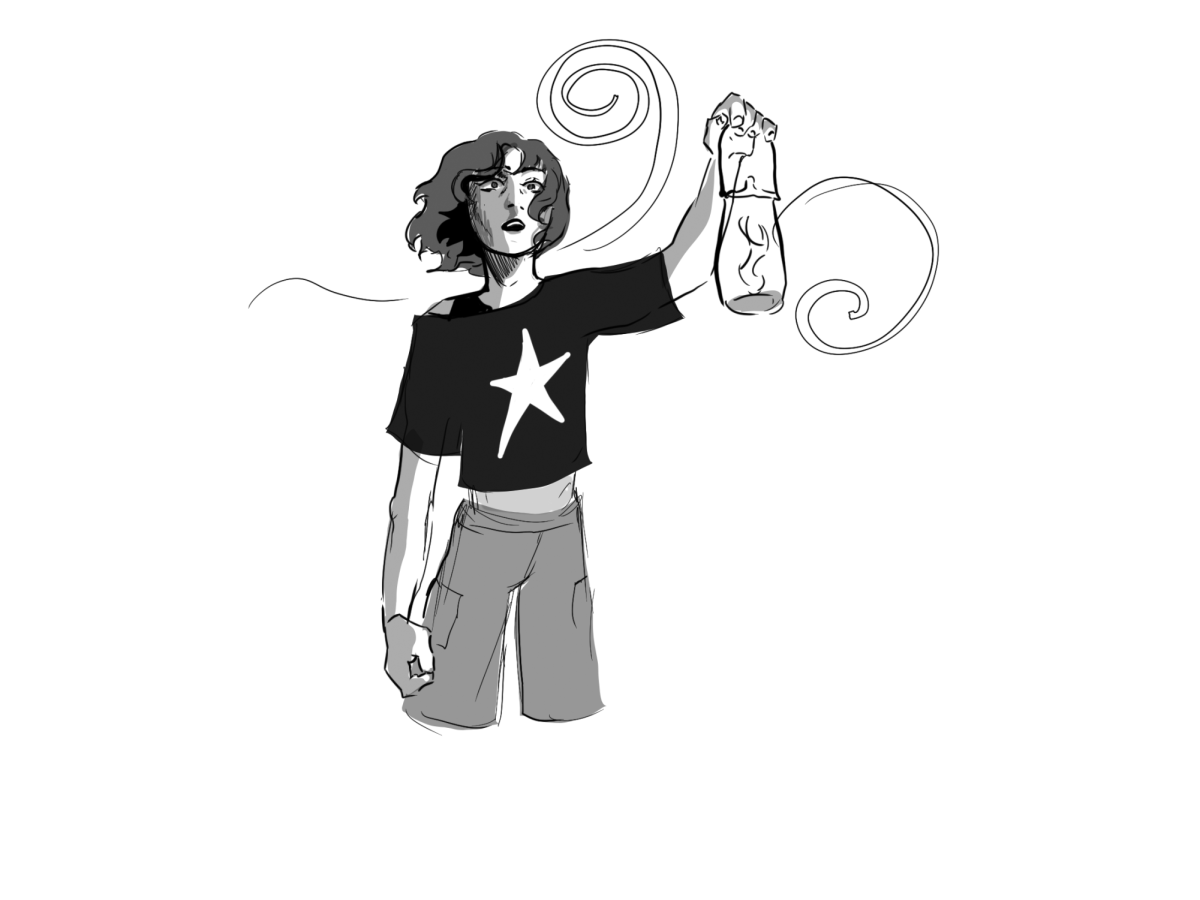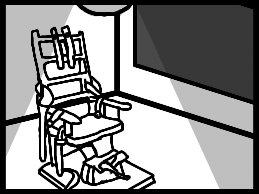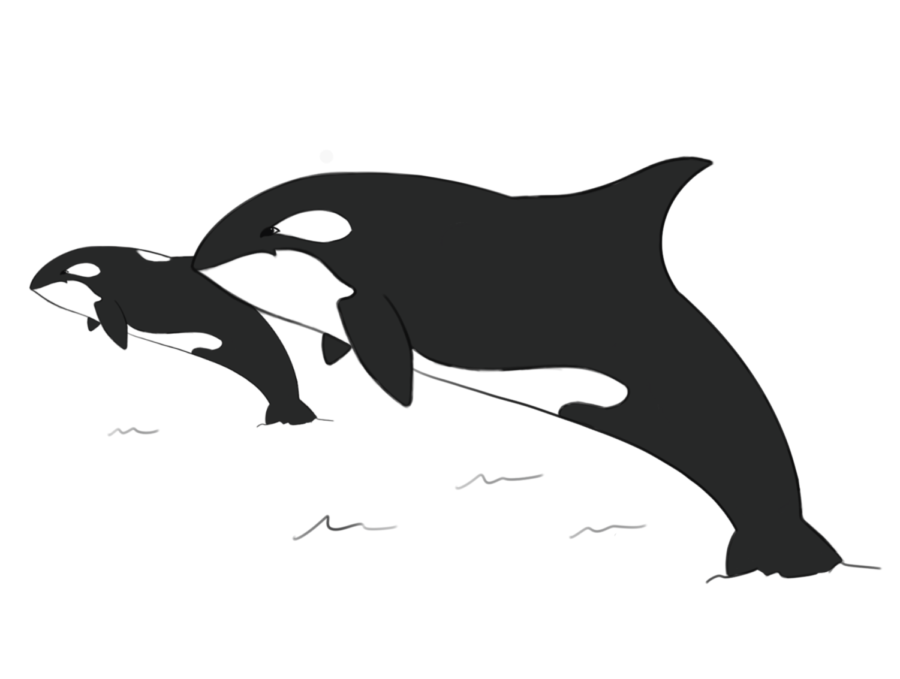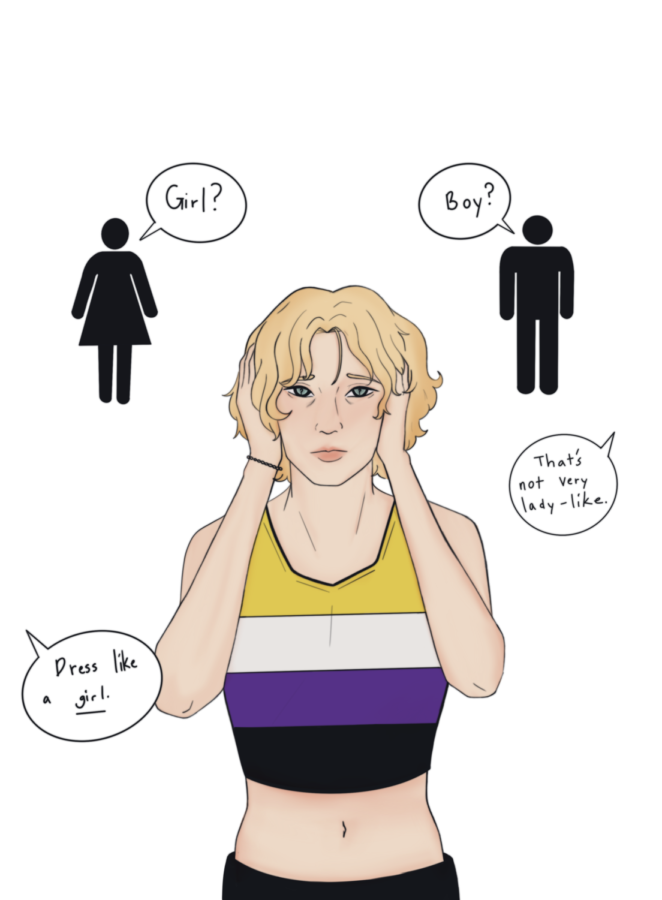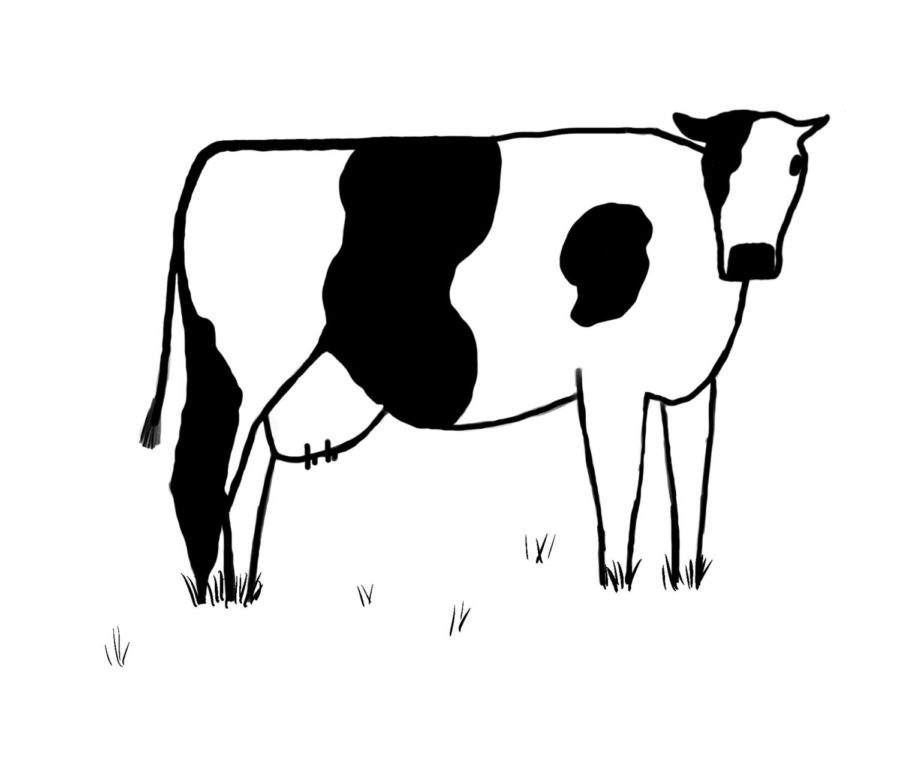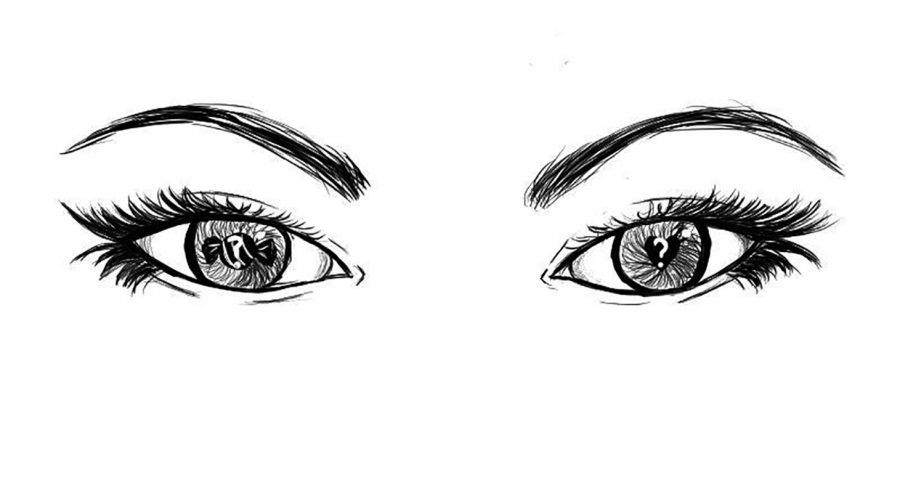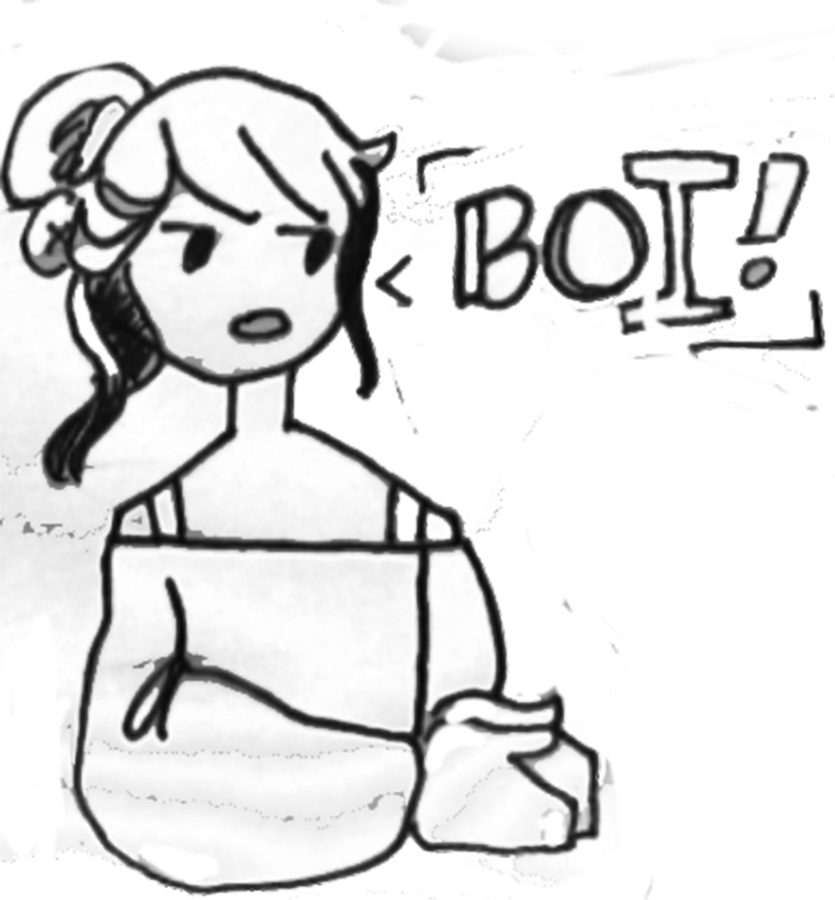From the minute I had each letter of the braille alphabet under my fingers, I wanted a book. Not merely a picture book or a short story, but a “big kid” book.
So, I started out with the seven books of Harry Potter at the age of seven, reading until my finger bled from constantly rubbing against the braille. From there, stacks of books kept coming in the mail from the Washington Talking Book and Braille Library in Seattle until there was no space left to walk in my room.
I have always stalwartly refused to listen to audio books. The only problem? In order to fit all the pages into a braille book, one book requires multiple volumes, and, depending on how long of a book it is, there can sometimes be as many as 16 volumes in my room at one time.
Over the years, my love of reading only grew, and I read everything from books on parenting and relationship advice to the terrifying world of Percy Jackson.
Did I think I was ever going to use even half the information I was getting? Not at all.
Which is why, as I sat in my tenth grade honors humanities class a couple of months ago, I couldn’t fathom why my teacher, Christopher Ellinger, was telling us to write to an author explaining how their book changed our view of the world.
Yeah, okay. I like books too, but they’re just stories. At least, that’s what I kept telling myself. Of course, this way of thinking was in part due to the fact that I needed a reason to procrastinate just a little longer before starting the assignment, but the wiser half of my brain kept telling me that books weren’t just stories.
Then, I began thinking about all the books I’ve ever read and how, after reading the good ones, and sometimes even the bad ones, I always seemed to do something differently based on that book for at least a day.
Take the Harry Potter series, for example. No matter how many times I read it, it always leaves me throwing around magic spells in a British accent for at least a week.
Even though I don’t live in the worlds I read about, the lessons found in them have remained with me to this day. Books have also helped me look at the world through different lenses that I otherwise wouldn’t even have thought about.
True, I didn’t necessarily want to know everything that a series like “Twilight” had to offer, but at least now, when I run into the Edward and Bella couples in the halls every day, I know not to question it, because doing so will just make my head hurt more.
If I learned anything from that assignment in honors humanities, it’s that books do, indeed, change our views of the world. Sometimes it’s imperceptible, and sometimes it’s obvious, but whether books are good or bad, they are always teaching us about ourselves and the world around us.
So, don’t forget to keep reading, recommending and learning. You just might find yourself, and your world, change for the better because of it.


